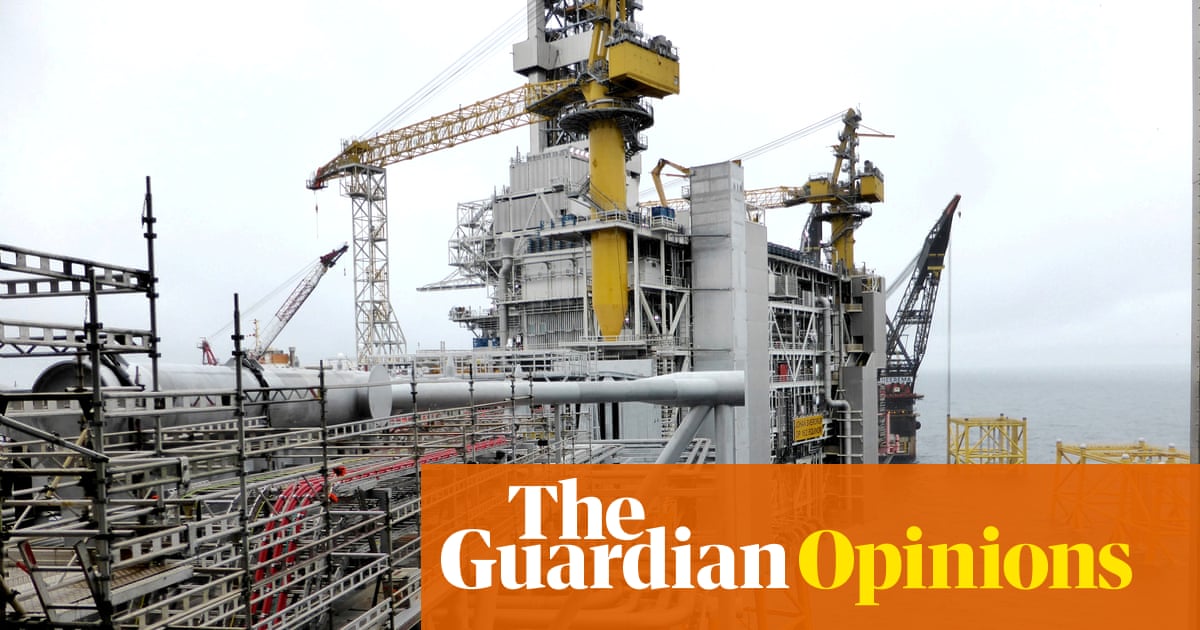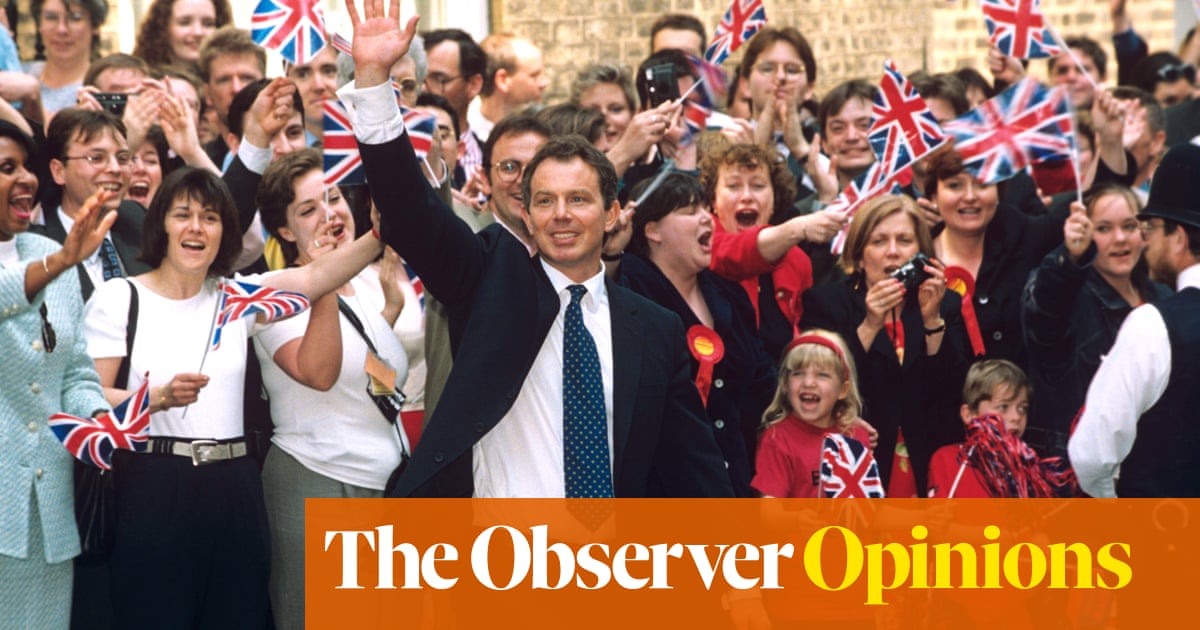
With the result by all measures a foregone conclusion, this general election campaign is less a contest and more a long coronation for one party, and an extended wake for the other. Keir Starmer is already being treated like the next prime minister rather than a leader of an opposition striving to unseat the incumbent. The Tories’ fate is only uncertain in terms of the degree of defeat: will it be serious diminishment or oblivion? In this interregnum, the future heaves into view.
The upcoming political chapter already has clear contours. Labour’s tone and policy are set. There will be no rabbits out of the hat, no crowd-pleasers, no circus shenanigans. What there will be is the long view of the management consultant – sleeves rolled up, of course – who has identified inefficiencies in the struggling business and will need a few quarters for the dividends of their work to appear on the balance sheet. With Starmer’s rejection of “tax and spend” comes a deferral to a concept of growth that relies on a lack of specificity about what can be freed up in the economy, on faith in the broad numbers you’ve been given, and on the chastened quiescence of the electorate after years of electing bad management. A way out has been identified – the tide will rise and all our boats will float up with it.
This is an experiment in economic theory rather than a hard milestones-based pledge. (Others might call it magical thinking that uses limited tools to reverse growth trends that have been consistent since the financial crash.) What that will produce in the near term for our government-in-waiting is a government that is waiting. If the slogan for the campaign has been “change”, the one after victory is likely to be: “We told you it would take time.”
And there will be no tittering from the back in the meantime, thank you very much. Starmer has already, under his first mild interrogations as would-be prime minister, shown us that there will also be no vibes. His entire personality has become straitjacketed – he cannot allow any quirk of character that betrays that he is not a man entirely dedicated to public service. Defined so far most distinctly by the distance he can put between himself and everybody else, both in his own party and the Conservatives, Starmer has extended that counterproductive impulse to his own image. He can be nothing on its own terms, only a projection of the opposite of what he believes everyone else has had enough of.
What have the ad libbers and charmers ever done for you? That’s right. A prime minister without rizz is not only what you’re going to get, but what you actually need.
I hope he relaxes once in power, if only because staying in the straitjacket would be a waste of a huge goodwill dividend that Starmer could convert into powerful affection and loyalty. And he will need agility and resilience. Take a look at the odds for the next Conservative party leader. With the likes of Kemi Badenoch, Suella Braverman and Priti Patel leading the pack, what will face Labour in opposition is a sort of rattling gutter politics. It will make Sunak – who so exasperated Starmer during their first election debate – seem quite decent and restrained in comparison.
That is without mentioning everything that this rump of the right will stir in the rightwing press, once open season is declared after “Starmergeddon”. A party and a network of political and cultural influencers that are finally untethered from the ground of government will be freer than ever to release invective, personal politics and divisiveness into the political water.
Their handmaiden will be Reform and Nigel Farage, already back to near ubiquity on the airwaves. The small number of seats the party is projected to win will give it representation without the need for a real political programme. It will have a platform for ghoulish opportunism that capitalises on a febrile moment of transition in British politics and the media’s never-ending appetite for spectacle. Reform will make noise, take up airtime and ensure that immigration remains a poisonous point around which all manner of far-right darkness can coalesce.
That is the problem when an election is mostly lost by the Tories rather than actively won by Labour. When you’re about to win a large majority by default, standing very still and positioning yourself for the seats to fall in your lap might make immediate sense. But the price for that is not being able to contest rightwing axioms on culture and race. That space is then open to forces like Reform and other gangs of rabble-rousers that can be just big and small enough to constantly sour the political mood and aggravate racial tensions.
But before we have to worry about any of that, there will be a moment that I expect will be no flatter for all its predictability. The day the Conservatives are removed from power, after having a stronghold for so long, will feel like an opening, no matter how much we have been told to temper our expectations. Perhaps simply experiencing their defeat, rather than constantly predicting it, will make other things that seemed impossible less so.
I would wager that many who are left cold by the contest so far will feel a stirring of hope. I will certainly let it bloom, and throw at the day Hail Marys and inshallahs that the energy released in that window can be taken into the future by a government emboldened and liberated by the magic of that moment. If that doesn’t happen, we’ll have no need of fortune tellers to understand what the day after will be like – it’s the same as the days that are already here.
Nesrine Malik is a Guardian columnist
Guardian Newsroom: Election results special. Join Gaby Hinsliff, John Crace, Hugh Muir, Jonathan Freedland and Zoe Williams on 5 July












